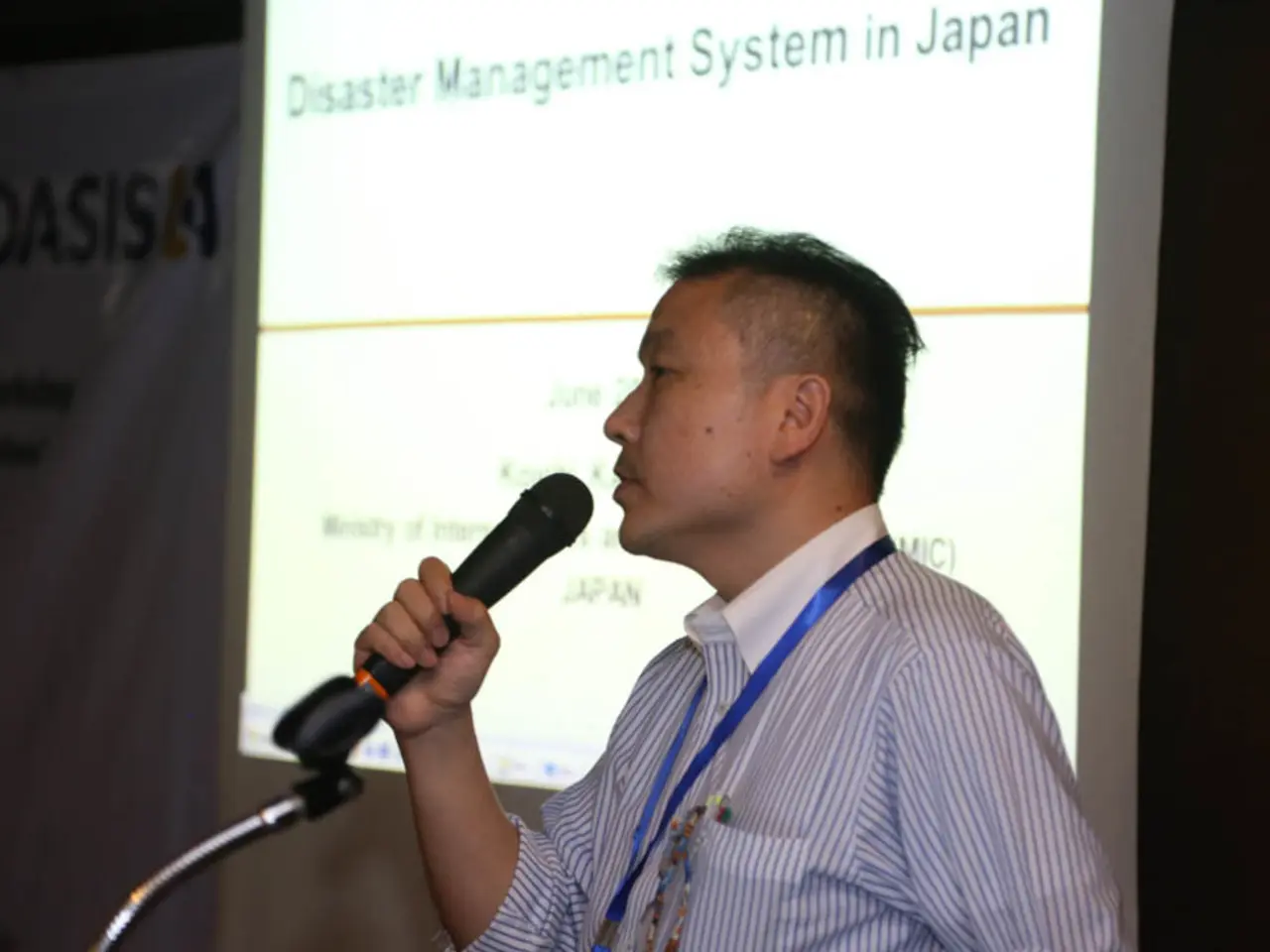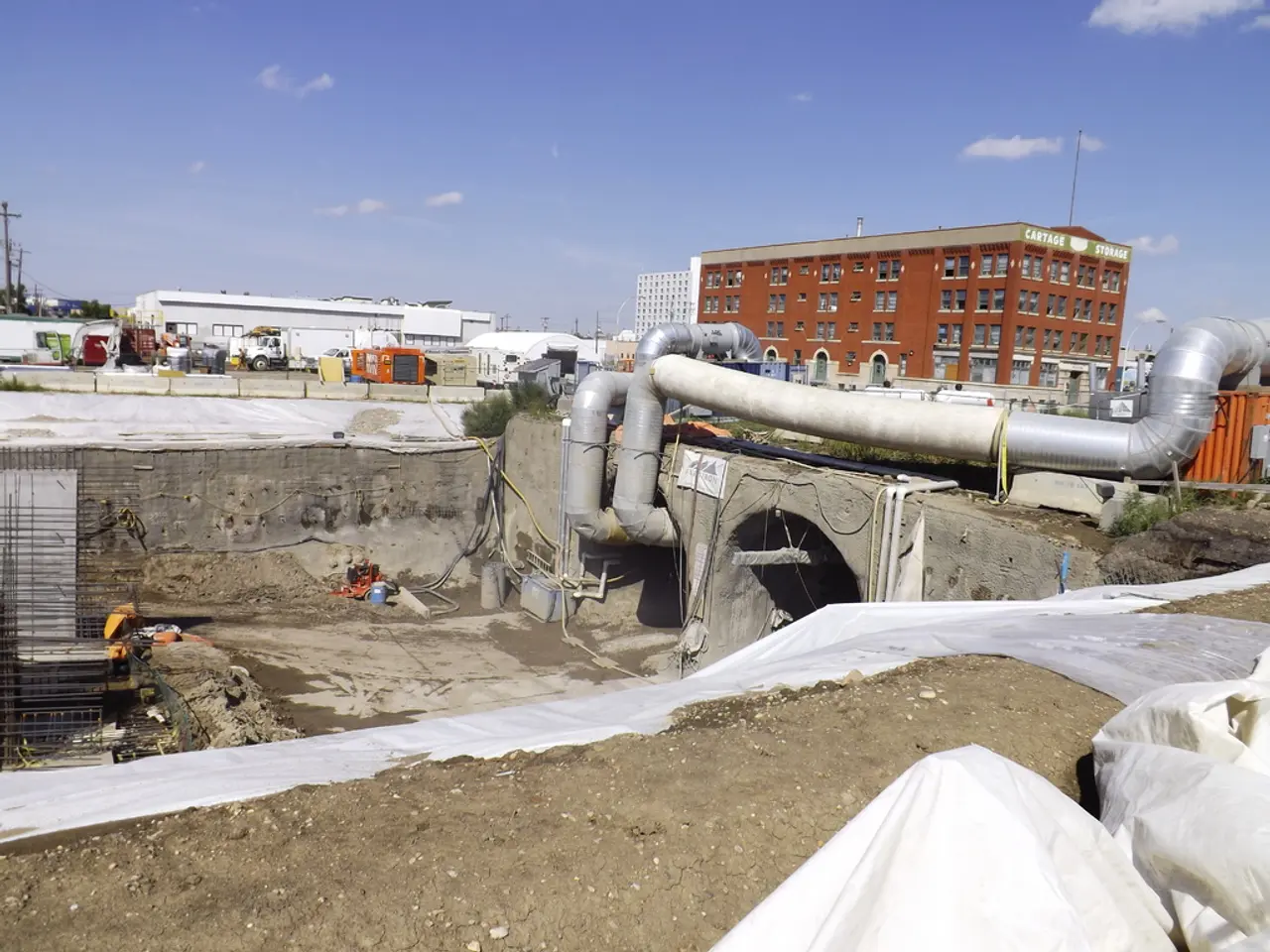United States agrees to send up to 250 migrants to Rwanda, according to Reuters news
The United States and Rwanda have reached an agreement for Rwanda to potentially accept up to 250 migrants deported from the U.S., marking a significant step in a broader U.S. initiative to deport migrants to countries willing to receive them when their home countries either refuse or pose obstacles to repatriation.
The agreement, signed in June by U.S. and Rwandan officials in Kigali, makes Rwanda the third African country this year, alongside South Sudan and Eswatini, to enter into such agreements for accepting U.S. deportees.
Under the deal, Rwanda has committed to individual approval for each migrant before resettlement, followed by support programs such as workforce training, healthcare, and accommodation to help them rebuild their lives. Approved migrants will be provided with these essential services to facilitate their integration into Rwandan society.
However, the agreement remains controversial due to human rights and safety concerns. Human rights organizations and reports, including some from the U.S. State Department, raise concerns about possible risks to deportees, citing issues like abuse, torture, and political repression in some third countries accepting deportees. Critics also question the ethics and safety of sending migrants to countries with ongoing internal conflicts or fragile human rights situations, despite U.S. claims that these countries are safe.
For the U.S., the agreement helps manage large-scale deportation efforts when migrants’ home countries cannot or will not take them back. For Rwanda, besides political and diplomatic benefits, there are financial incentives, such as compensation for accepting deportees, which has been part of similar agreements the U.S. has pursued with other countries. Rwanda suggests a humanitarian angle by providing support to help deportees integrate and restart their lives there.
It is important to note that the legality of the removals is being contested in a federal lawsuit in Boston, a case that could potentially wind its way back to the conservative-leaning high court.
Rwanda's societal values are founded on reintegration and rehabilitation. Nearly every Rwandan family has experienced the hardships of displacement, which may contribute to the country's willingness to accept deportees. However, concerns by rights groups that Kigali does not respect some of the most fundamental human rights persist.
As the situation unfolds, it is crucial to monitor the implementation of this agreement and its impact on the lives of the deportees. The well-being and safety of these individuals should remain a top priority in any migration policy discussions.
[1] New York Times. (2025, August 1). U.S. and Rwanda Agree to Deport Migrants. Retrieved from https://www.nytimes.com/2025/08/01/us/politics/us-rwanda-deport-migrants.html [2] BBC News. (2025, August 1). U.S. and Rwanda Agree to Deport Migrants. Retrieved from https://www.bbc.com/news/world-us-canada-59796105 [3] Reuters. (2025, August 1). U.S. and Rwanda Agree to Deport Migrants. Retrieved from https://www.reuters.com/world/us/us-rwanda-agree-deport-migrants-2025-08-01/
- The agreement between the U.S. and Rwanda, while politically advantageous for both nations, has sparked debate in the realm of general news regarding the health and safety of deportees, as human rights organizations express concerns about potential abuses and repressive conditions.
- Under this agreement, Rwanda provides support programs such as workforce training, healthcare, and accommodation to help newly resettled migrants rebuild their lives, adding another health-related facet to U.S.-Rwandan relations.





